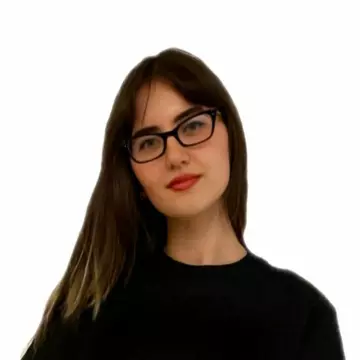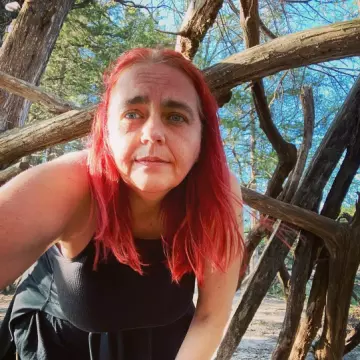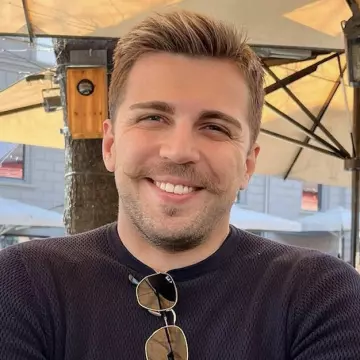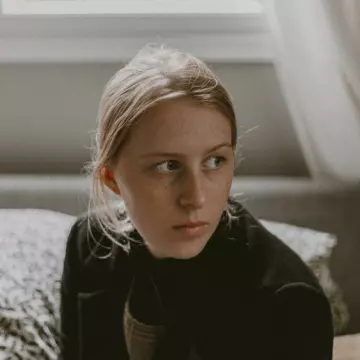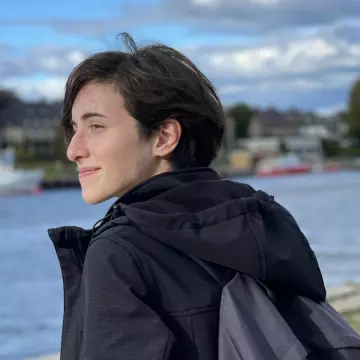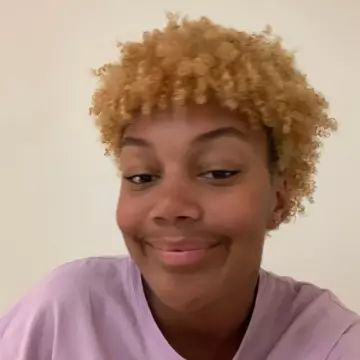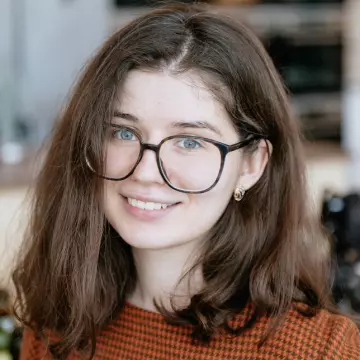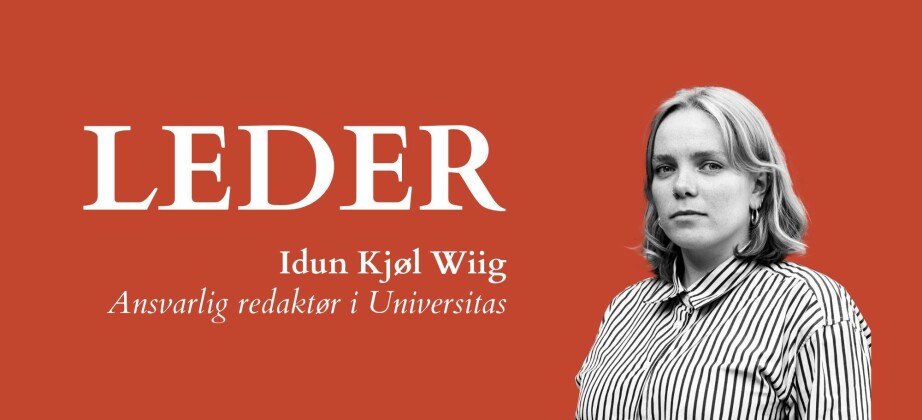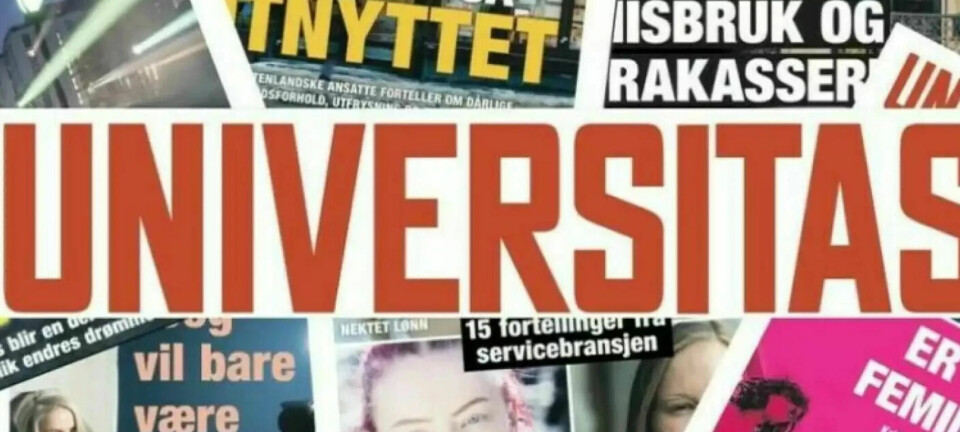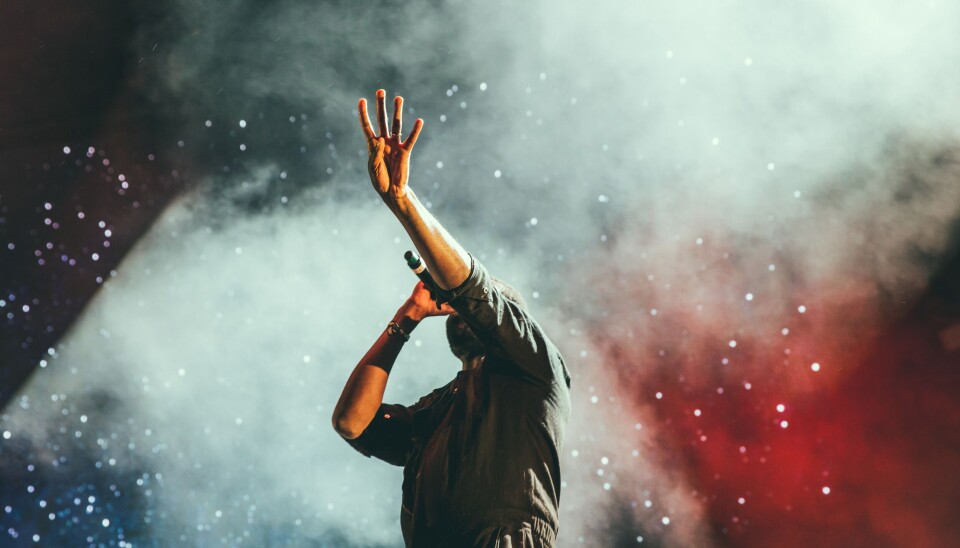
Eurovision 2023: Top 7 Songs — Editorial Team's Ranking
Let's listen to some cool music!
Norwegians LOVE Eurovision, so we, as international students in Oslo, were inevitably drawn to listening and re-listening to the contest’s official playlist on Spotify. And as the editorial team of Inter Universitas, we also couldn’t pass on the chance to praise our favorite artists’ songs in writing.
“My Sister's Crown” by Vesna (Czech Republic)
The all-female band Vesna is representing the Czech Republic in Eurovision 2023 with "My Sister's Crown" – my favorite song in the contest. As a Bulgarian, the slavic folk vocals and motifs hit close to heart in a similar way to Bulgaria‘s Eurovision 2007 entry “Water.”
"My Sister's Crown" is a blend between a traditional slavic sound and a modern pop beat. Apart from having lyrics in Czech, English, and Ukrainian, it features a part sung in Bulgarian – a special detail for me considering Bulgaria’s absence from Eurovision 2023 due to financial difficulties.
The song’s message is one about the importance of sisterhood, support, and equality for all people. This is communicated not only through the multilingual lyrics but also in the creative and experimental visuals of the music video where slavic sisterhood is reinterpreted in a beautiful but haunted Alice-In-Wonderland-esque manner.
“Cha Cha Cha” by Käärijä (Finland)
Part heavy metal, part EDM, part pop music, Käärijä’s “Cha Cha Cha’ grabbed me immediately with its serious – and strangely goofy – intensity. With a throbbing pulse and growling vocals (sung in his native language), Finnish rapper Jere Pöyhönen (aka Käärijä) pulls you into the beat with both hands. He changes the game on a hairpin turn midway through to a lighter, happier version of himself when the Piña Colada starts to kick in on the dance floor.
Puzzled by the Lucha Libre Mexican wrestling aesthetics of Käärijä’s performance, I turned on YouTube’s closed captioning function in English to dig into the lyrics. Is it a song about release from Nordic emotional repression through alcohol consumption? Is it about shaking off the relentless angst of wartime Europe in the midst of a climate crisis? Or stepping out of one’s comfort zone? To be honest, I’ve no idea, but I recognize the itching desire to break out, blow off steam, and get out of one’s head for a while. When a song manages to capture that urgent drive for catharsis, I pay attention.
“Blood & Glitter” by Lord of the Lost (Germany)
To admit, there aren’t a lot of songs that excited me when I decided to give the 2023 playlist a listen... except "Blood & Glitter" by the German band Lord of The Lost. It is a thrilling and powerful mixture of dark rock and metal music. Unlike the solid majority of other songs that tend to be boring and predictable, "Blood & Glitter" grabs your attention with its dark twist on the lyrics and incredible use of throat singing technique.
While I sadly couldn’t see anything that impressed me as much in the official music video, I was taken away by the focus on detail and energy surrounding the work. The band apparently had applied to represent Germany for many years before finally getting the chance in 2023, which explains the passion that is evident in the execution of the song. With its powerful vocals and hard-hitting instrumentals, I will be cheering for Germany in the absence of my country, Türkiye, in the competition.
“Bridges” by Alika (Estonia)
No Eurovision Song Contest is complete without at least one dramatic ballad, and Alika is here to give us just that. The 20-year-old Estonian singer is having quite a good run recently, as she has not only been chosen to represent her country at Eurovision, but she is also the most recent winner of Estonia's "Pop Idol." The song itself is a powerful ballad that displays the talented singer's full vocal range.
Titled "Bridges," the song emphasizes the need to build connections within ourselves and with others around us, which is also reflective of the values behind Eurovision. The powerful feeling of the song may sound familiar, and that is because it is co-written by two songwriters who have contributed to previous Eurovision favourites. Nina Sampermans and Wouter Hardy collaborated on the Swiss entry "Tout l'univers" by Gjon's Tears" which came in third place in 2021. Hardy also worked on "Arcade" by Duncan Laurence, another powerful ballad which won the Netherlands first place back in 2019.
The music video matches the vibe of the song effortlessly with its cold, melodramatic visuals. Though Alika is young, there is no doubt that she is a professional performer more than capable of going far in the contest.
“Samo Mi Se Spava” by Luke Black (Serbia)
"It hits different," was my first reaction when Luke Black's Samo Mi Se Spava started on Spotify. Unlike the other songs, it brought up not very lively and trendy “ready for fight” vibes, but rather very familiar feelings of fatigue and urge for the peace of mind, so common for the humanity that went through the Covid-19 pandemic. According to the author, he wrote the song in around 25 minutes by articulating sentences that were stuck in his head during a quarantine in 2020.
The song got very good commentary on YouTube as many people found it very relatable. In the review of the song, About The Contest wrote: "Black has written more than just lyrics, and composed more than music. Samo Mi Se Spava cannot be bound by the words of a review. It is far more advanced," while BBC noticed: “Could it be too experimental for Eurovision?”
"I just wanna sleep" – the direct translation of the title – is also the refrain in lyrics, which is contrasted by a very dynamic gaming theme in staging and metal music. By creating this mismatch between desirable staticity and unstoppable dynamism, the song carries a strong message: a person has no power over oneself, and the world does not feel real anymore; thus, the person wants to get rid of the controlling space and just switch off.
"Baby, watch the world on fire. It is all a game to me. I don't want to choose my fighter. Who's taking control of me?" – Samo Mi Se Spava.
Gemma Grant: “Tell Me More” by TuralTuranX (Azerbaijan)
Twin brothers? Classy vintage suits? Star-crossed lovers? What more could a Eurovision fan ask for?
This entry from Azerbaijani duo TuralTuranX is a fun, lighthearted tune that stands out among the dramatic ballads. From the first guitar chord, listeners are transported into a quirky and whimsical indie paradise. This culminates in a powerful build at the end of the song – which beautifully showcases the vocal and the guitar skills of the two performers. On top of this – they also rap! TuralTuranX use clever wordplay to spit some rhymes over the subdued folk backing, giving the song a much more varied texture.
On top of these musical elements, the story told throughout the song is also meaningful. Listening beyond the lyrics of a pretty typical boy-misses-girl tale, you hear some poignant questions about belonging and self identity. TuralTuranX sing lines like “I want to buy a land a thousand miles away / From the city that I've never even chosen” or “I don't know if I'm someone or someone is me / I'm running from the fate and I'm giving up my dream.” Cleverly subdued by the happy tone of the song, these lyrics hint at a deeper meaning behind this entertaining performance.
I’m not on the judging panel for this year’s competition, and won’t have any say in the final results. But you can rest assured that I’ll be watching from home, cheering on these two contestants from Azerbaijan.
Arina Kosareva: “Queen of Kings” by Alessandra (Norway)
Well, someone had to write about this one – we are in Oslo, after all. All jokes aside, Norway has truly outdone itself in 2023. Not that the previous year was disastrous – I personally find Subwooflers (yellow wolves in black glasses, yes!!!) amusing and quite postmodern. “And before that wolf eats my grandma, Give that wolf a banana” is very catchy, wouldn’t you agree? Nonetheless, this song took the 10th place, which is not that bad, really, considering that Norway has finished last eleven (!) times.
Alessandra Mele, or simply Alessandra, is an Italian-Norwegian singer, and I feel like her double origins – Italian emotionality and Norwegian reservedness – merge beautifully in the song. It is especially discernible in her performance – with slightly minimalistic decorations and choreography, the singer’s voice comes out especially saturated with emotion.
“This song shows the power of women, but also the power of all people, about how important it is to feel yourself,” explained Alessandra. It is indeed an empowering song, settling nicely into the feminist discourse and the overall trend towards inclusivity and diversity both in Norway and in the world, and for that alone I have ranked it as #1 in my personal playlist of inspirational music.
